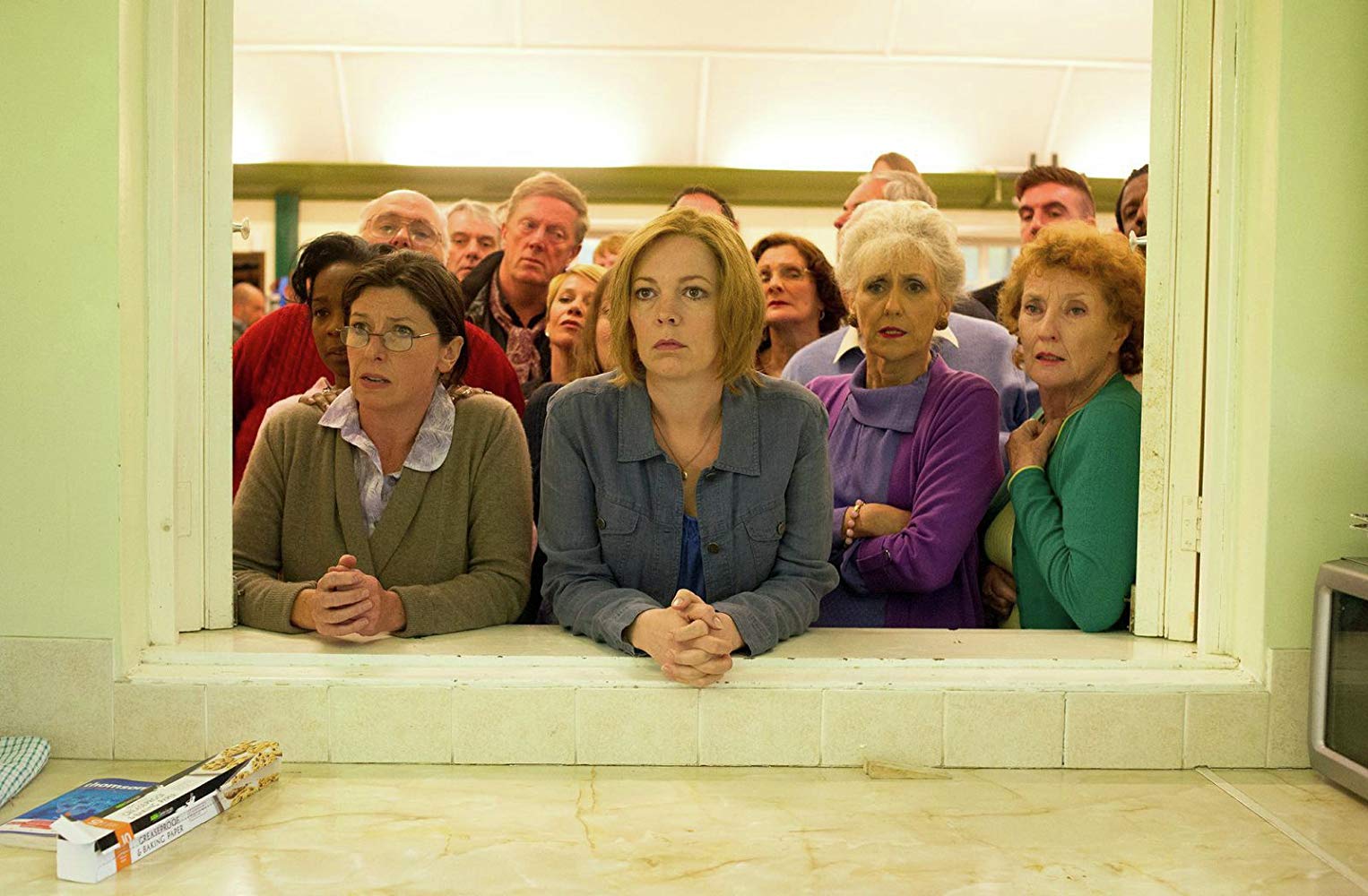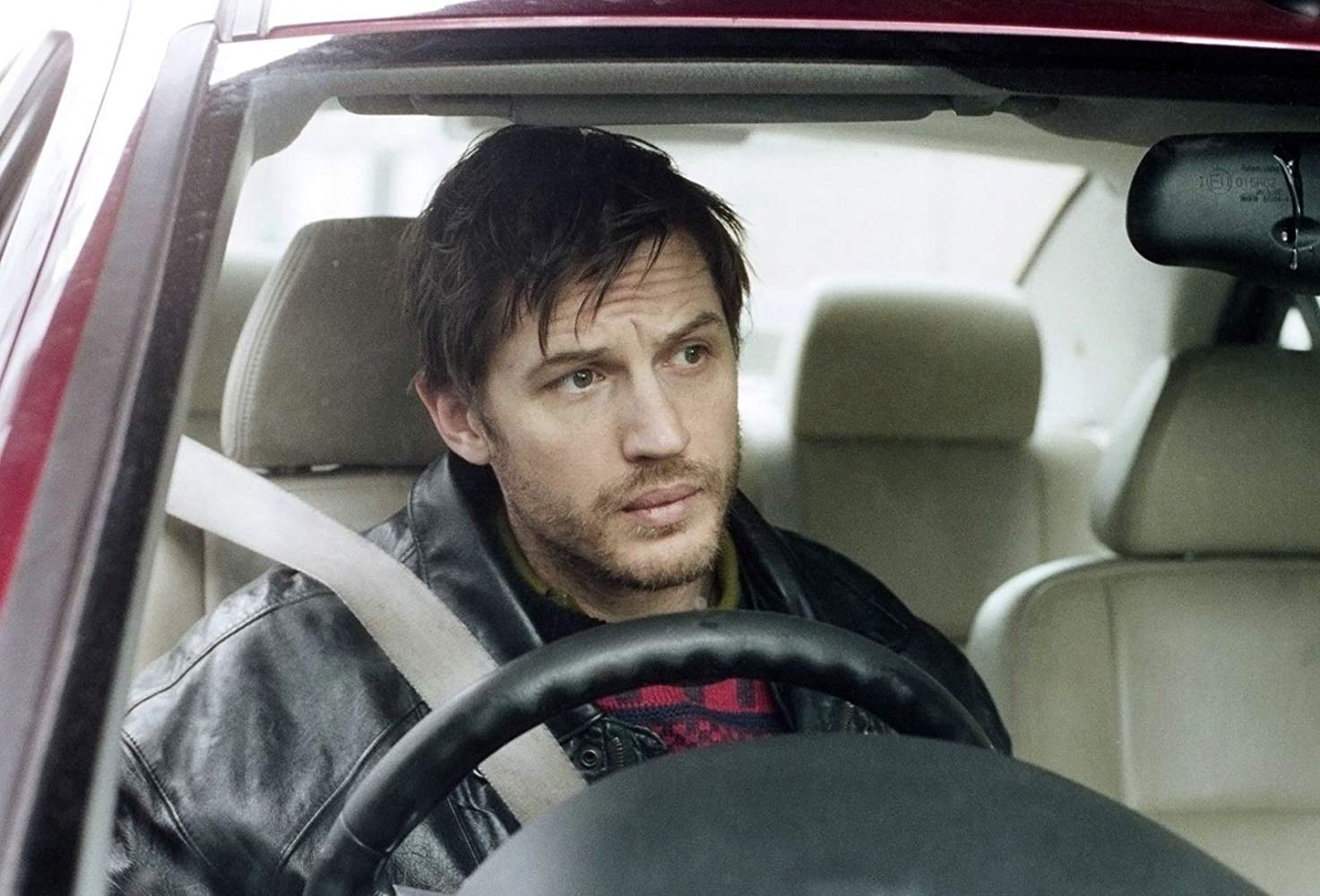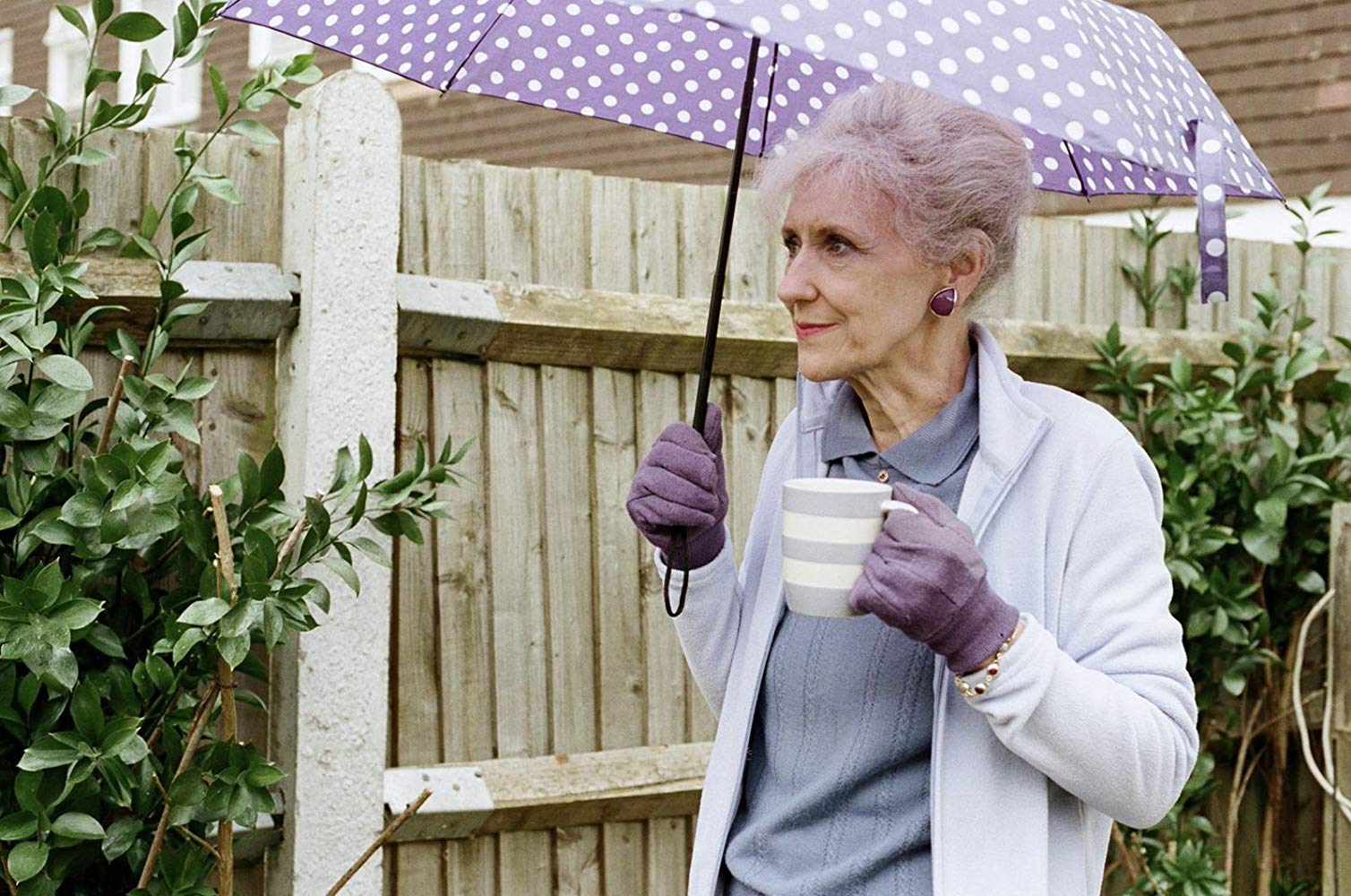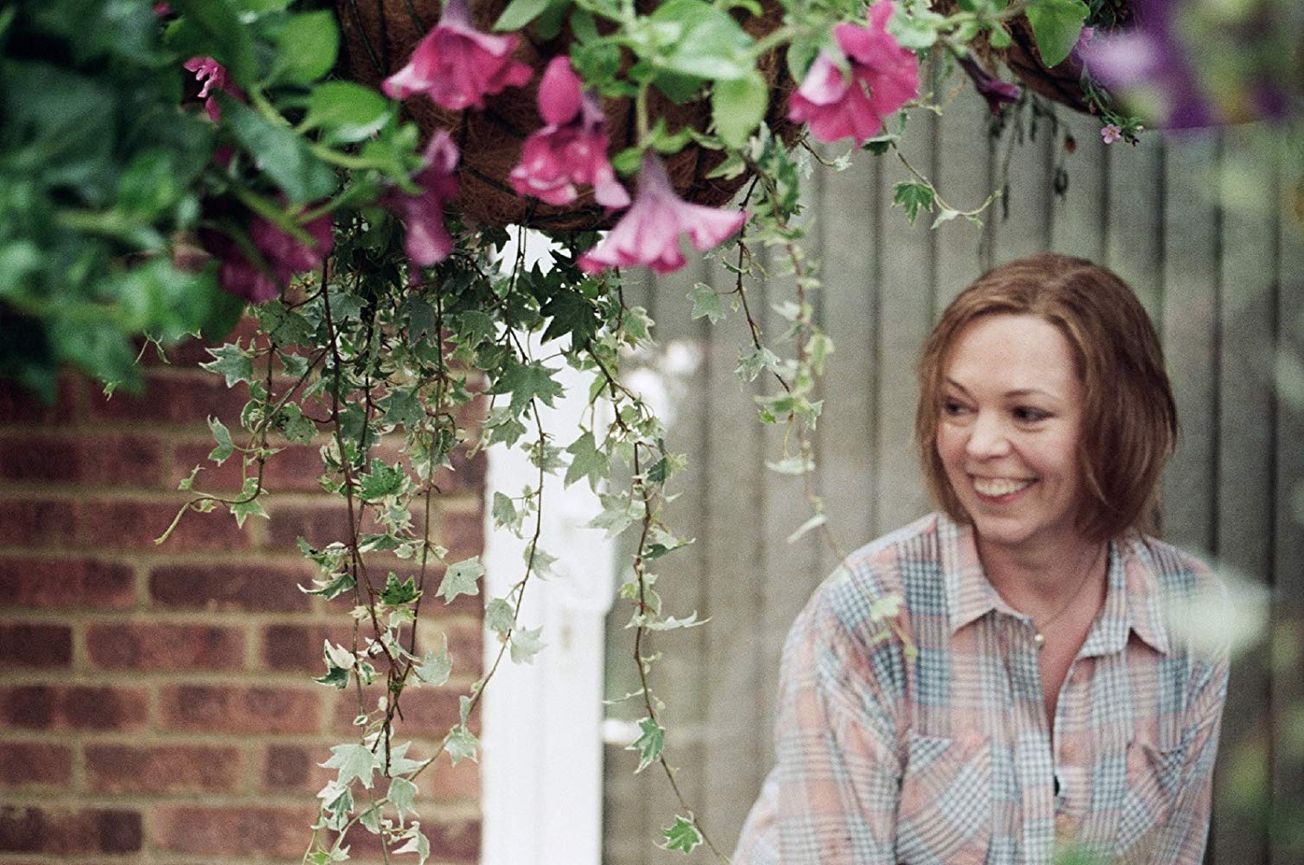By Leah Martindale, Film and TV Editor
When it comes to adaptations, most people think of books adapted for screen. London Road (2015) turns the prejudices and preconceptions about adaptations on their head, and proved that beauty in film can come from the darkest of places.
London Road is a musical crime drama film adapted from a stage musical, which in turn is adapted entirely verbatim from interviews and police transcripts, after five sex workers were murdered by a serial killer in Ipswich, Suffolk - on London Road. The challenges of adapting stage to screen are in combat with the greater challenges of adapting the weird and wonderful idioms and cadences of speech for music: both are done masterfully.
Amongst others, the film stars Academy Award winner Olivia Colman, most notable for her roles as Queen Anne in The Favourite (2018) and Sophie Chapman in Peep Show (2003-2015). She plays one of many busy-bodied neighbours who balance masterfully the oh-so-British art of faux neighbourly investment and their outright bigotry and disdain for the murdered sex workers.

Tom Hardy, of Mad Max: Fury Road (2015) and The Dark Knight Rises (2012) fame, also makes a cameo as Mark the suspicious taxi driver, with an overinvestment in the serial killing arts. Other recognisable cast members include Anita Dobson, and Les Miserables’ (2012) Kate Fleetwood and Nicola Sloan. Many members of the cast reprised past roles from the play, and so their embodiment of the characters is full-bodied and experienced.
The music is expressive and explicit, following the unnatural peaks and troughs of unprepared human speech: they trip and stumble, ‘um’ and ‘yeah’. The genius of London Road is not only its adaptation from this unusual medium, but how it embraces the medium’s weirdness. The opening number, ‘Good Evening, Welcome’, accosts the audience with its bizarreness - news readers’ presentation escalating from natural intonation to musicality before you can work out what is happening.
The challenges of adapting stage to screen are in combat with the greater challenges of adapting the weird and wonderful idioms and cadences of speech for music
The film is classifiable by a magnitude of genres: crime, mystery, drama, musical… it is a wonderful example of British social realism while also managing to ignore basically every rule of realism in the book. From the colourism to the musical numbers, the characterisation to the award-winning choreography, the film is a masterpiece from open to close.
Adaptation is a strange beast to attempt. Film scholar Robert Stam has written extensively on the prejudices surrounding the adaptation genre. He discusses ideas of parasitism - that film adaptations are parasitic of their origin texts, as well as film as a medium being parasitic of the success of earlier mediums like books and art. There are ideas of anteriority and seniority, that older texts are viewed better than adaptations, and that older mediums are better in general.

London Road escapes these prejudices in part due to how inaccessible their source material is. Adapting a widely known cultural piece like Lionel Shriver’s We Need To Talk About Kevin - John C. Reilly, you’ll see me in court - is an insurmountable beast in that everyone’s perspectives will be different. A source material unseen, save from police investigators and the interviewers themselves, leaves far less room for criticism.
From the colourism to the musical numbers, the characterisation to the award-winning choreography, the film is a masterpiece from open to close.
Of course, fans of the play may disagree. This is where the film’s reuse of the original cast gains a twofold genius. Not only are the characters more intelligently fleshed out, more realised, and more believable, they leave little room for criticism as the actors’ original work is, in a way, recreated for the screen.

As a reasonably small film, screened as part of National Theatre Live and with a total gross of only £216,000 - small in film circles, trust me - London Road avoided much of the criticism but also a wider appreciation. While film critics have written extensively on the film’s success, the general public seem woefully ignorant to the magical joys that lie so easily within reach.
I feel it is my duty, as a die-hard film musical aficionado and as a cinema fan through-and-through, to highlight the adaptation genius that is London Road. For fans of the musical, fans of crime and criminality, suspense, tension, and very British sensibilities, you need look no further than Rufus Norris’ 2015 classic. A true cinematic gem.
Featured: IMDb / BBC Films
What's your favourite musical adaptation? Let us know!








